I hardly knew Naomi but she sensed something in me. She knew I was divorced and that I went to court frequently. She suggested I go to the local domestic violence resource centre to get help and acquaint myself with the signs of domestic violence.
I avoided her suggestions and gaze. “Yeah, maybe,” I’d say.
Months after she’d first mentioned it, Naomi asked me to get into her car. “I’m going to take you to the domestic violence centre,” she told me. Her voice was both firm and kind. I got into the passenger seat without protest, glad she could not hear the jackhammer of my heart.
The woman at the shelter led me into a room and set a questionnaire and a box of tissue in front of me on the table. “We can better determine what services you’d benefit from based on your survey responses,” she said. She shut the door gently behind her as she left the room.
The questions were multiple choice. The options were “always,” “sometimes” and “never.”
1. Do you feel anxious or nervous when you are around your partner?
My hand moved slowly. When had I ever not?
2. Do you watch what you are doing in order to avoid making your partner angry or upset?
I lifted my head to study the room. The dusty shades were drawn.
A plastic palm stood in one corner, incongruously colorful in the drab space.
Surely they placed the most common and least worrisome questions at the beginning of the survey.
Related: Why do I feel sorry for my abuser? Why do I love the one who hurts me?
3. Does your partner criticize you or embarrass you in front of others?
I stared hard at the tissue box in defiance. Three “always” responses didn’t mean I had been abused.
I had been raised in a feminist household. None of this applied to me. Abused women were the ones whose husbands got drunk all the time and threw them across rooms or broke their arms. I’d been called names and I’d been injured, but not to that degree.
4. Does your partner check up on what you have been doing, and not believe your answers?
Tears slid down my cheeks. I recalled the almost daily questions about why it had taken me so long to come home from class.
Who I’d been with. Whether I’d walked home with my professor.
And there was the time a friend from out of state had visited.
We stayed up late talking, and my husband had checked on us every 30 minutes. The next day he interrogated me about what we had been doing so late.
Related: Identifying The More Subtle Signs of Emotional Abuse
5. Does your partner tell you that your behavior is causing his physical abuse?
My tears splashed onto the survey. I grabbed tissues from the box and blotted the puckering paper.
By the survey’s end, I had 16 “always,” three “sometimes” and one “never.” My face felt thick with mucus and salt. On the table beside me was a mound of discarded tissues.
Related: 7 Ways People Who Have Been Emotionally Abused Love Differently
How was it that in six years with him I had never understood the truth?
Even though I have been divorced for eight years, overcoming the shame of having experienced domestic violence has been difficult. More difficult has been my attempt to explain how it was that I didn’t know what kind of marriage I was in.
As so many articles and pamphlets state, victim-blaming is a problem. Asking “why doesn’t she just leave him?” is easier said than done. For some, it is too dangerous to leave. Others do not possess the resources to leave and support themselves and their kids.
And then there are women like me, women who are so beaten down that we believe we are causing the abuse and don’t know that we deserve better. Discovering I was not alone in the ignorance of my situation was both affirming and heartbreaking.
There is no way to truly know how many silent victims are enduring domestic violence because they don’t know there is an alternative.
I am grateful to Naomi for helping me to see the truth. Her kindness has moved me to push through my feelings of shame and share my story. I can only hope my words might reach other silent victims and encourage them to envision a life in which they do not feel bad about themselves every day.
Written by Emily Withnall
Originally appeared on Yourtango.com
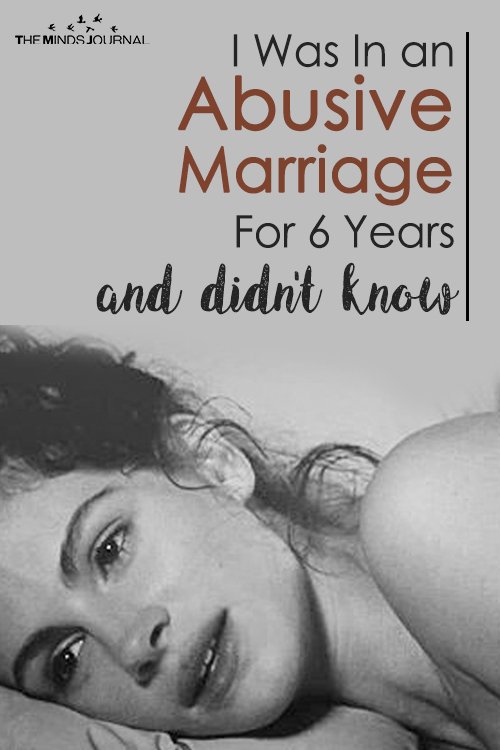
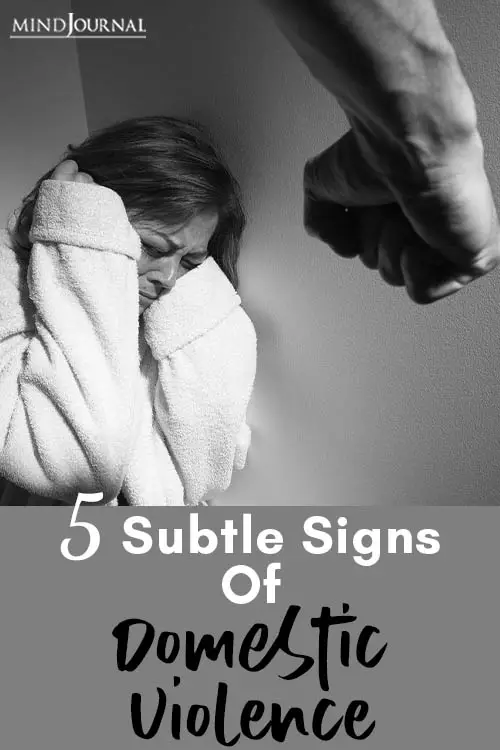
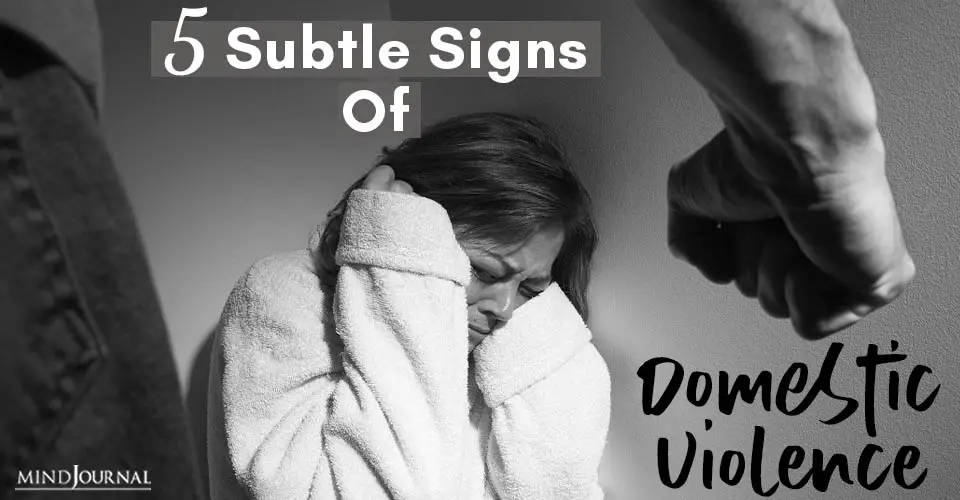

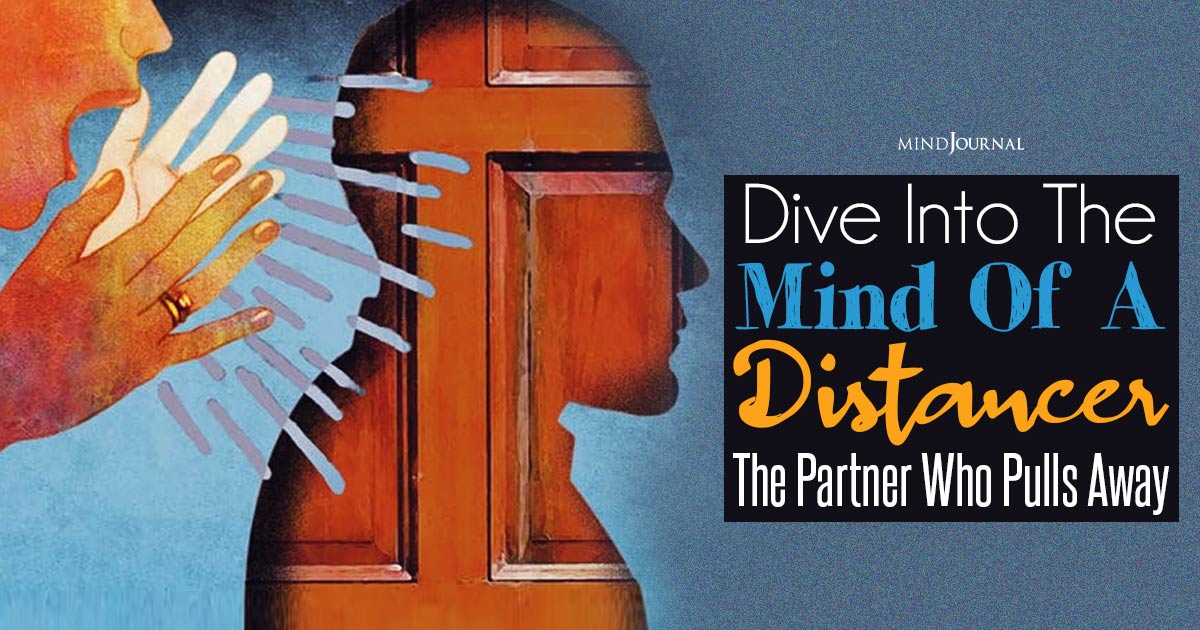


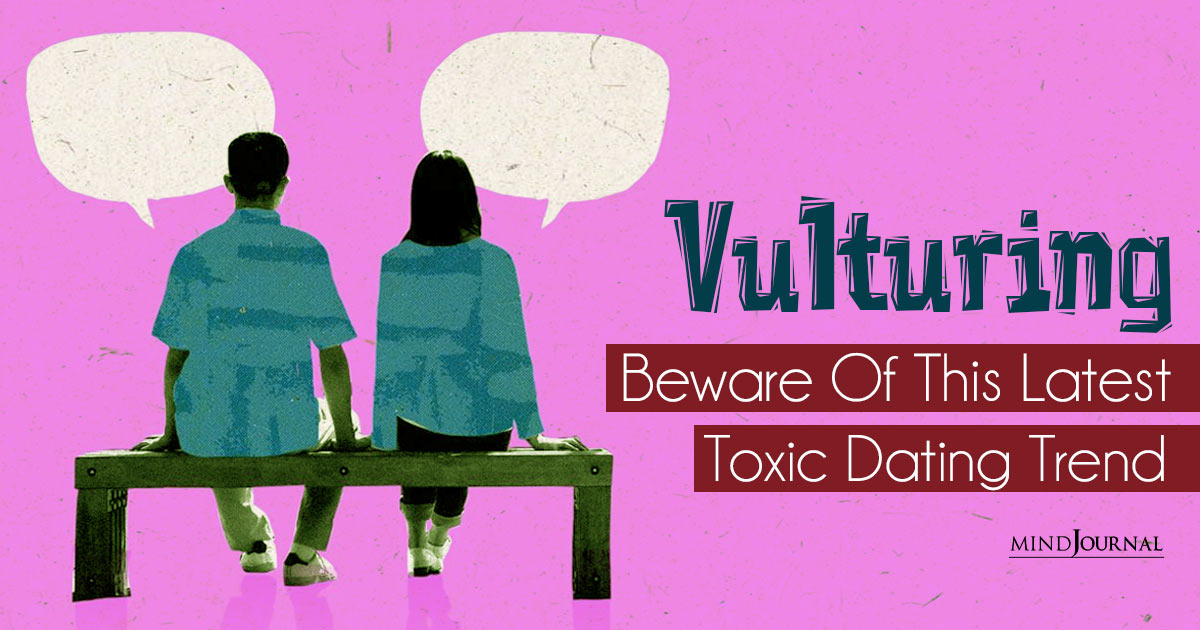
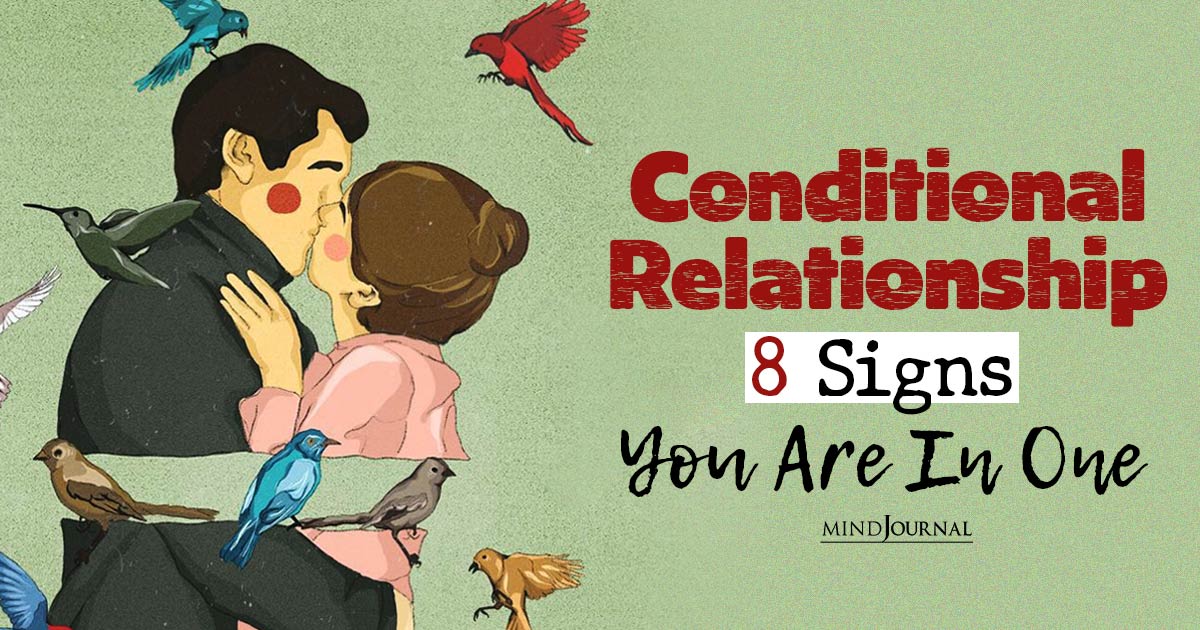

Leave a Reply
You must be logged in to post a comment.